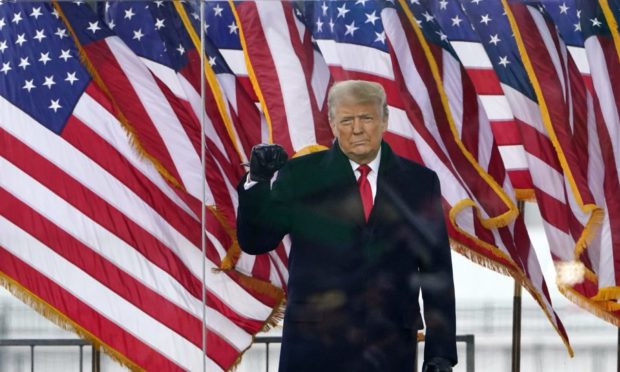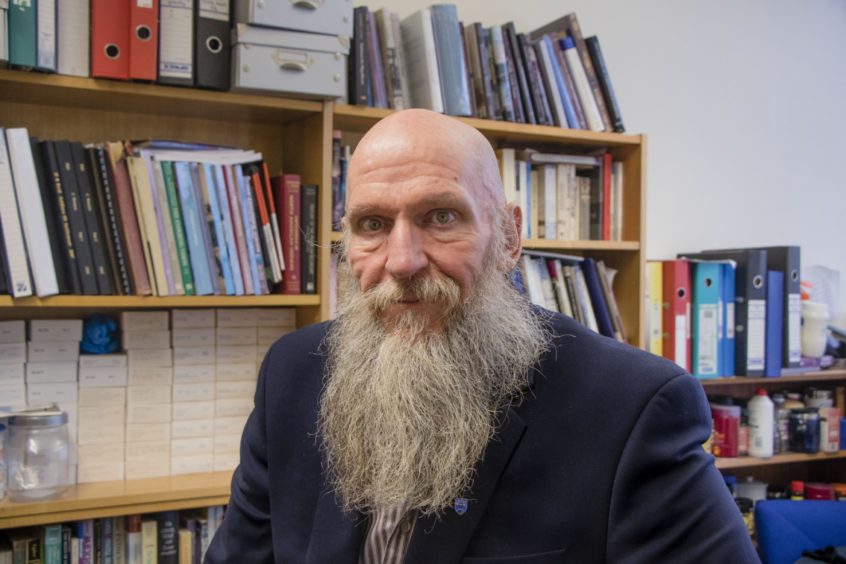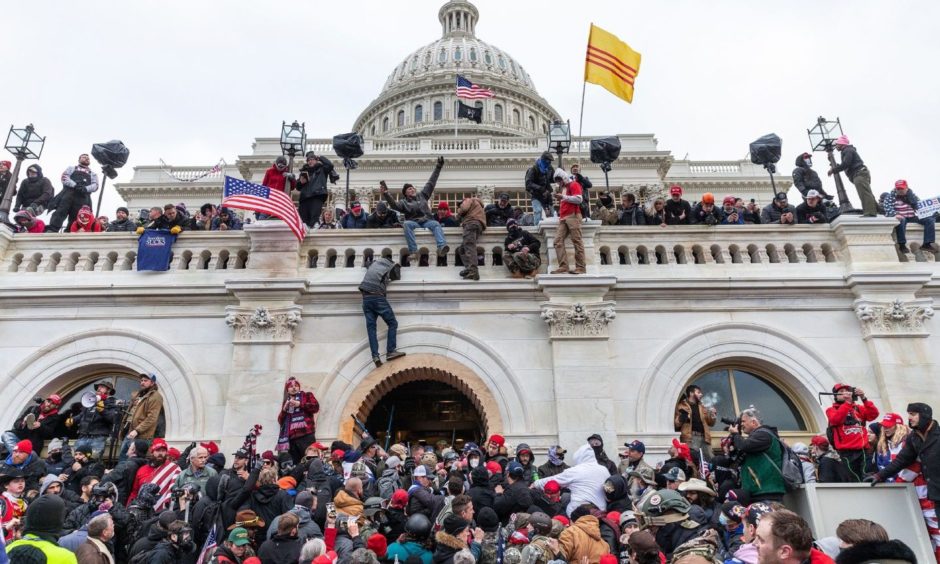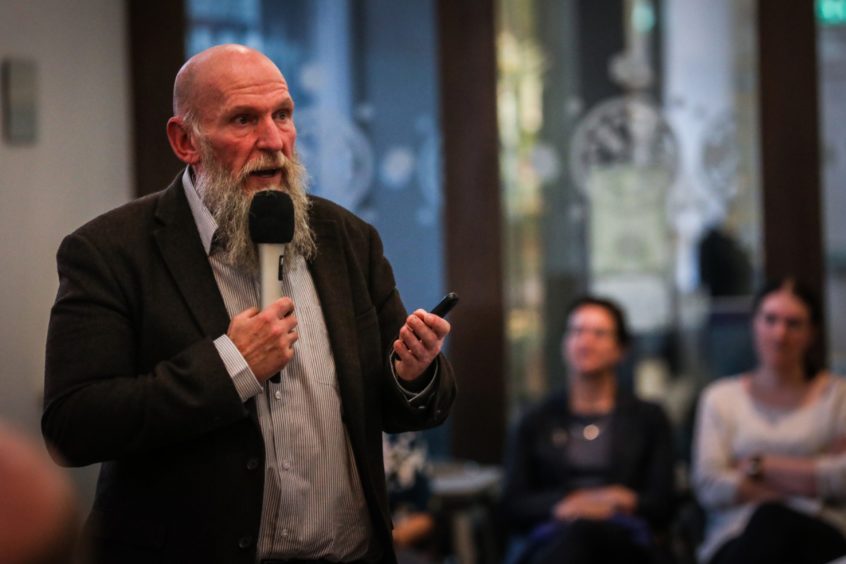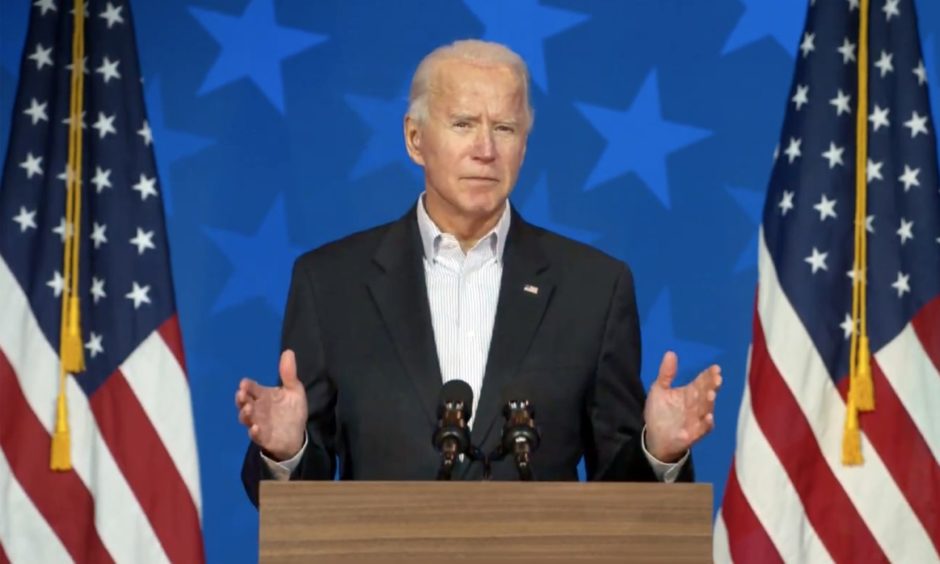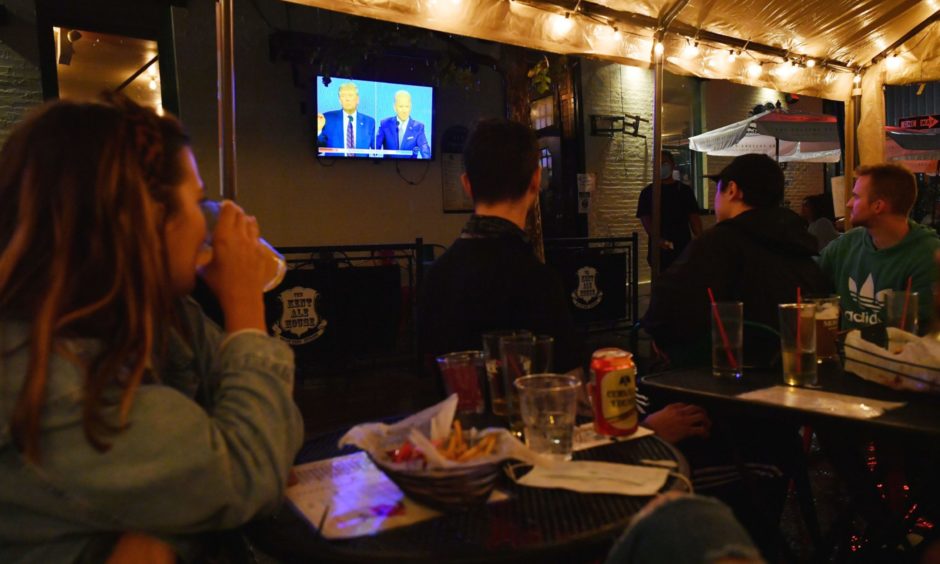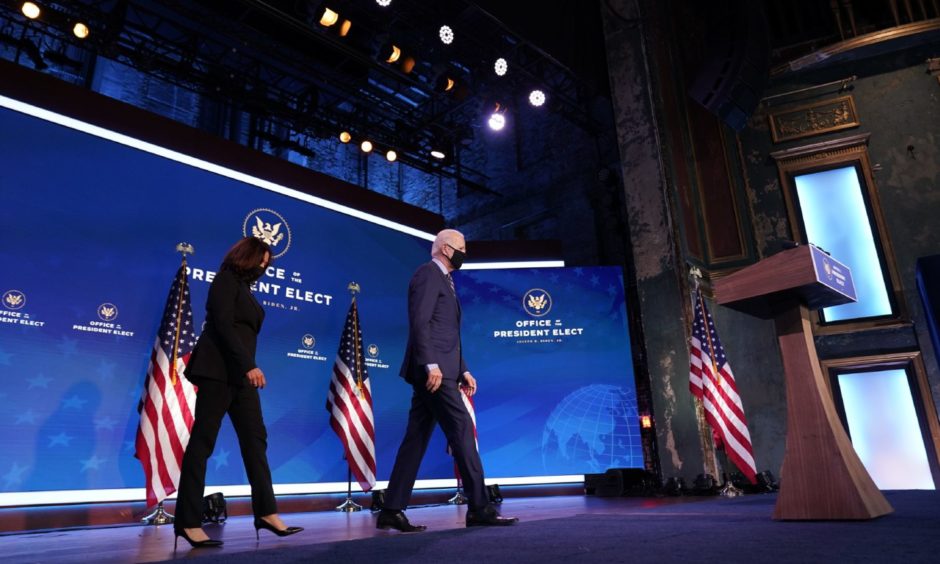The transfer of power between US presidents has proven frequently to be a turning point in world history.
From the 1860 election of Abraham Lincoln, which led to the Civil War, abolition of slavery and Lincoln’s own assassination, to Franklin D. Roosevelt’s rise to power in 1932 with the ‘New Deal’, new leaders often shape the politics of their time.
The incumbent, Donald Trump, has now seen out his final full day as president and it will fall to Joe Biden to begin shaping his own legacy when he enters the White House as the 46th leader of the United States on Wednesday.
Mr Biden, who at the age of 78 will become the oldest president ever to take office, pitched his election campaign as a “battle for the soul” of the nation.
I fear Donald Trump’s biggest legacy could be his undermining of the democratic process.”
Dr Matthew Ward
The Democratic former vice-president to Barack Obama will face a gargantuan task in the wake of Mr Trump’s presidency, with the highest death toll from coronavirus in the world and economic fallout compounding the turmoil of a bitterly divided country.
Tensions reached a fever pitch on January 6 after a mob of Mr Trump’s supporters, most of whom had listened to speeches from the president, his allies and family earlier in the day, stormed the Capitol as lawmakers were confirming Mr Biden’s victory.
Dr Matthew Ward, a senior lecturer at Dundee University and a historian of America, fears Mr Trump’s biggest legacy could be his undermining of the democratic process.
“I think that questioning the election and claiming that the result was fraudulent is something that is incredibly dangerous, and the fact that so many Republicans will not disavow it,” said Dr Ward.
“When you end up in a democratic society where people do not accept election results, I think that has the potential to literally destroy democracy.
“Beyond that, because he hasn’t had a coherent policy of any sort, the way he ran his administration and the constant turnover of staff, I think he will be remembered as one of the worst presidents in American history.”
Five people died as a result of the Capitol siege, which has been described by some as an insurrection, including one Trump supporter and a Capitol police officer. The incredible scenes led Mr Trump to become the first US president to be impeached twice.
He may now be prevented from ever holding office again, if enough Republicans back his conviction during an impending Senate trial. It has been rumoured Mr Trump will not attend as Biden is sworn in on Wednesday.
Long-term violence
Dr Ward believes Mr Trump’s refusal to accept the result, and the reluctance of some senior figures in his party to acknowledge the lack of evidence to back up claims of electoral fraud, could lead to further violence in the weeks and months ahead.
He said: “As long as a number of respectable Republican leaders will not accept the result, I think it really undermines Biden’s power. I think it also has the potential to generate long-term violence in a way that we’ve not seen before.
“We’ve seen the Capitol riot, that was really unprecedented, but I think we could see violence like that erupting much more frequently. It’s going to be very difficult for Biden and I don’t think he can really deal with it, it has to be Republican leaders.”
Mr Biden is expected to be a very different leader to his predecessor, not least because he will come into the job as one of the most politically experienced presidents ever.
He began the first of his six terms as senator for Delaware in 1972 and at 30 years old was the youngest senator in US history.
His first attempt at the White House was in 1988 but he withdraw after admitting to plagiarising parts of a speech from Labour leader Neil Kinnock.
His record in the Senate has come in for scrutiny from progressives in his own party, with opponents noting his role in a crime bill blamed for contributing to mass incarceration and votes in favour of Wall Street deregulation and the Iraq war.
He also worked with segregationist senators in the 1970s and has been accused of failing to ensure sexual harassment allegations were fairly examined while overseeing confirmation hearings for the Supreme Court.
He was also accused by former staff member Tara Reade of sexual assault, though Mr Biden and his campaign team strongly denied the allegation.
His popularity grew after dropping out of a second attempt at the Democratic candidacy in 2007 to join a successful ticket with Barack Obama, with whom he built a close friendship. Mr Obama described him as the “best vice-president America ever had”.
Mr Biden, who was labelled “sleepy Joe” by Mr Trump during last year’s election campaign, has repeatedly shown himself to be awake to progressive ideas, often showing off his liberal credentials ahead of party colleagues.
He voiced support for LGBT rights before Mr Obama and was key in pushing the Affordable Care Act through congress, which secured health insurance for millions.
Health care has been an intensely personal issue to Mr Biden, whose own personal tragedies have strongly shaped his politics over the years.
Just weeks after first being elected in 1972, his first wife Neilia and baby Naomi were killed after a tractor smashed into the family’s station wagon as they returned home from buying a Christmas tree. He took the oath of office from a hospital room.
Personal tragedy struck again in 2013 when his son Beau was diagnosed with a brain tumour and Mr Biden planned to take out a second mortgage to cover the mounting hospital bills. Beau died in 2015 at the age of 46.
Dr Ward believes Mr Biden’s presidency will mark a strong shift away from Mr Trump’s “rudderless” leadership and could spell a return to the kind of White House administrations seen throughout much of the past two decades.
He said: “I don’t think Biden is going to be a major new direction. He will be very different from Trump but I don’t think he will be that different from any American presidency in the early 21st Century.”
Mr Biden has given his own clues as to what kind of president he hopes to be, telling a hometown crowd in Wilmington, Delaware: “I pledge to be a president who seeks not to divide, but to unify.
“And who will work with all my heart to win the confidence of all of you, for that, I believe, is what America is all about.”
